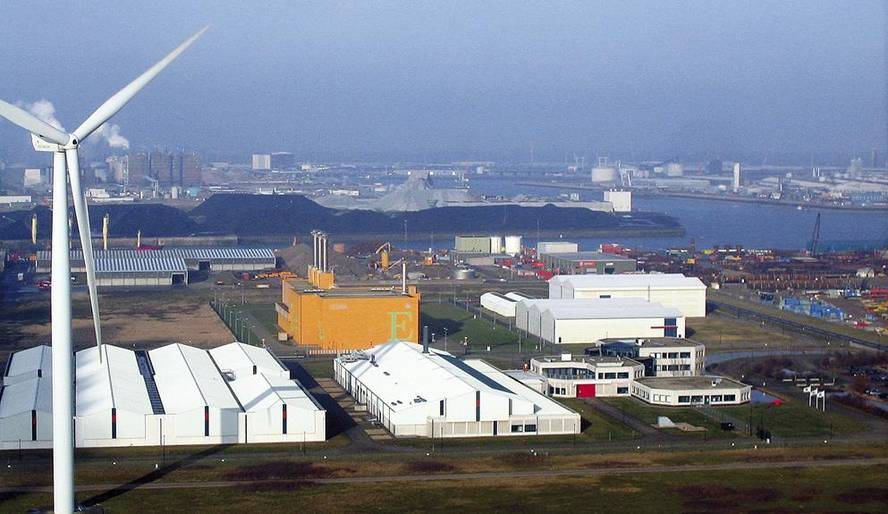The nuclear waste warehouse will be held in Villar de Cañas, Cuenca
After a long process, the government has decided where the nuclear waste will be deposited. The José Cabrera and Trillo centres, located in Guadalajara, have chosen a village in Cuenca, Villar de Cañas, 100-155 km away. These two plants are the only ones found in Spain with the residues stored on the surface and on the ground, while the rest are in the inactivation lagoons. However, these are not enough to store in the medium and long term the radioactive waste generated by the plants and, in order to solve this problem, a new deposit will be proceeded in Villar de Cañas.
Therefore, this warehouse will collect and store the residues of high radioactivity generated in the Spanish plants. This type of warehouse is called ATC or centralised temporary storage, which has a temporary duration of 60 years, for being a passive building and centralized by concentrating the waste of the Spanish power stations in a single location.
To date, the only centralised warehouse in Spain is that of El Cabril (Córdoba). In it medium and low level of radioactivity waste is stored, both from central and hospitals, research centers and industry. However, the main radioactive material generated in the plants is the fuel used, with a high degree of radioactivity.
In fact, the fuel of the plants is uranium oxide and, after its use, in addition to heat, emits alpha, beta and gamma radiations (ionizing radiation).
Therefore, the Villar de Cañas deposit will store about 7,000 tons of fuel used and other materials that will be left as the power stations are closed. Enresa is responsible for the management of waste and the execution of the warehouse, according to which, to avoid the discharges of radiation, the warehouse will have concrete walls of 1,5 m of thickness and the pipes of heat evacuation generated will reach a height of 45 m.
Enresa has emphasized that it is a totally safe installation due to the geological stability of the environment in which it is located. However, the environmental organizations and some agents have put in doubt the safety of the place, not for its geological instability, but because they consider that the transport of the waste from the centers can be a risk, since Villar de Cañas has no railroad and, therefore, the transport must be carried out by road.
Other aspects of warehouse and location have also sparked debate among supporters and opponents, but the decision of the Spanish government is final and if everything comes out as planned, by 2015 the first phase of execution of the warehouse will be completed.
By then, the lagoons of Ascó 1 and 2 (will be filled for 2013 according to Enresa), and those of other centres will also be quite full. In addition, the waste of the Vandellós 1 plant, for the moment, is stored in France under the responsibility of the company Areva, but the agreed deadline has already ended and will be returned soon. Something similar happens with the Garoña residues that are stored in Britain.
Meanwhile, in France, steps are being taken to make a deep geological storage. This deposit would cover the medium and high level residues of radioactivity and store them in the subsoil in the long term. The chosen place is located in the department of Meuse, east of France. However, French regulations require that waste be recovered within one hundred years.






